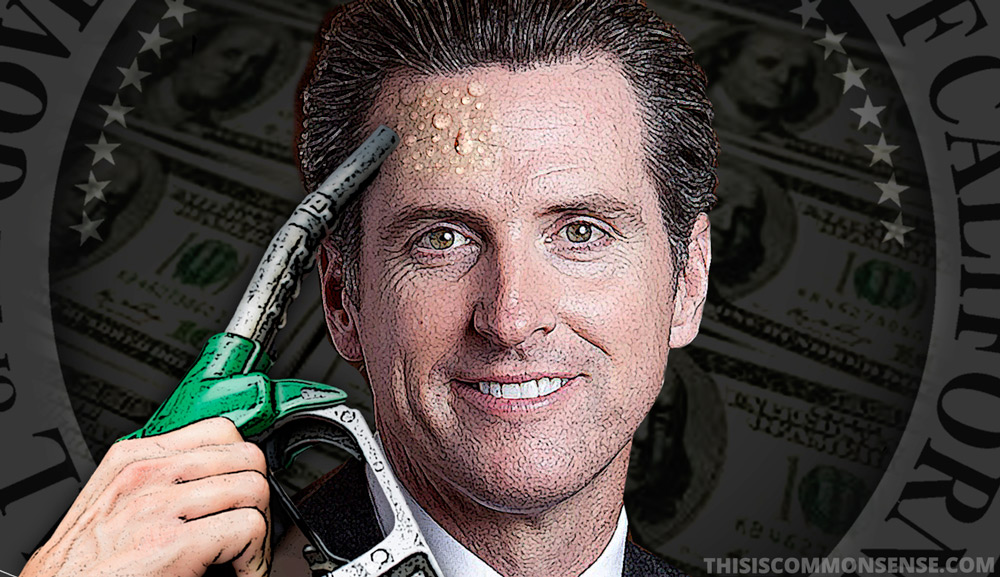Eventually, champions of government intervention, of all forms of thwarting independent judgment and killing dreams, find themselves under assault. From the public.
And you don’t need an economics degree to grasp why.
Initially, an intervention prevents other people from pursuing projects, getting jobs, earning a living. Then, finally, government meddling goes a step too far. Maybe lawmakers had “good intentions,” but hey! This is me now!
Your legislation needs tweaking!
This is where we are in California’s attack on the so-called gig economy. Hatched to “protect” Uber drivers or some such nonsense, Assembly Bill 5 makes it massively harder for companies to classify freelancers as independent contractors. After it was signed into law, many companies — from blogs to transcription services — told California-based freelancers adios.
Millions of people lost work and options.
What walks of life are affected? All.
“California’s new gig worker law is … threatening all performing arts,” complains Brendan Rawson at CalMatters.org. California has “overreached.” Gotta nip-and-tuck that otherwise “worthy” bill! Use only the magic arbitrary intervention in our lives that works!
Not everybody now being hurt was previously okay with pushing other people around, of course. I’ve never been a fan. One of my missions is defending the right of citizen initiative. Well, AB5 makes it much harder and more expensive for petition campaigns to hire people for such gigs as collecting signatures for an initiative in California.
AB5 attacks earning a living, speaking freely, associating freely, and petitioning one’s government freely. Maybe the law will be rescinded. But there’s more mischief where that came from.
So let’s protect other people’s freedom … and stop the overreach before it reaches us.
This is Common Sense. I’m Paul Jacob.

—
See all recent commentary
(simplified and organized)










